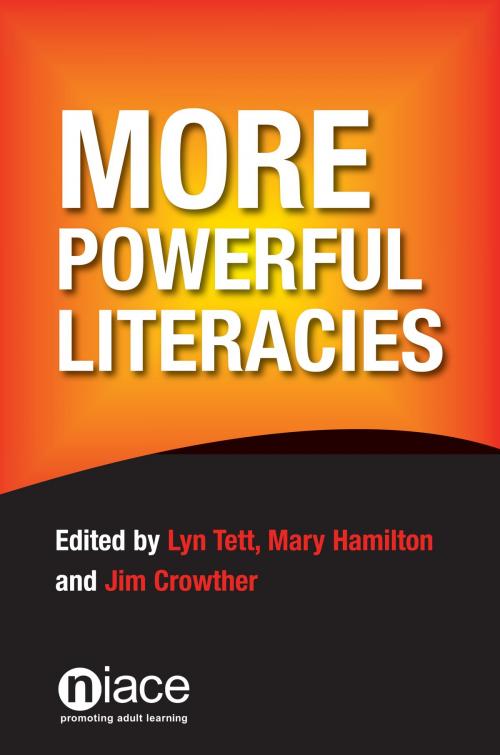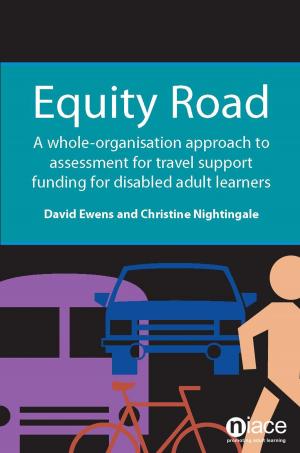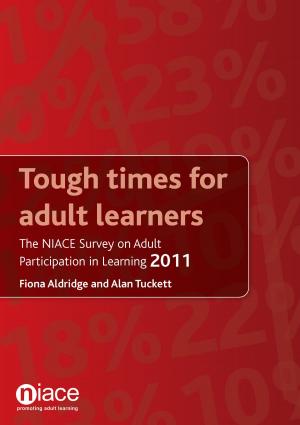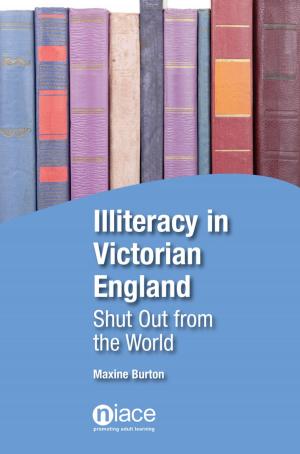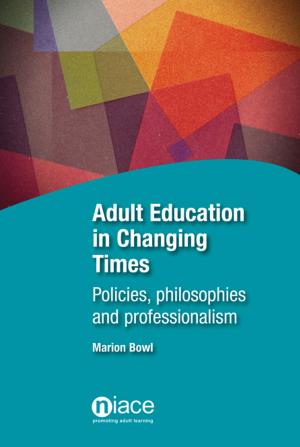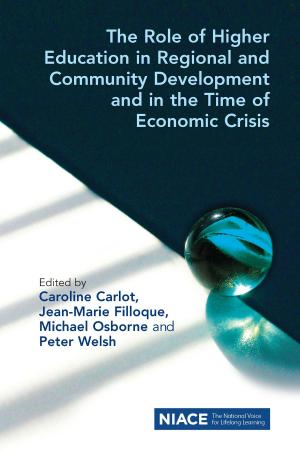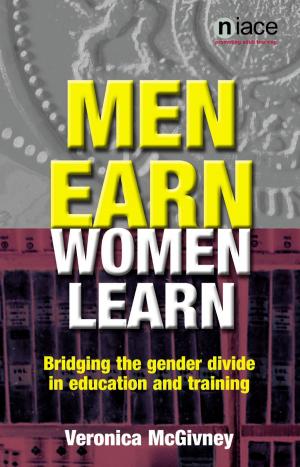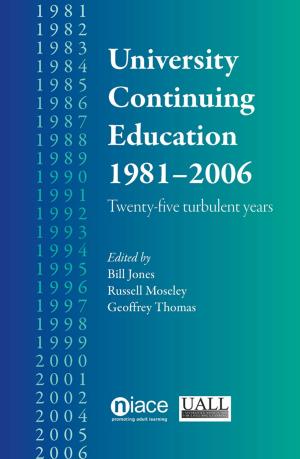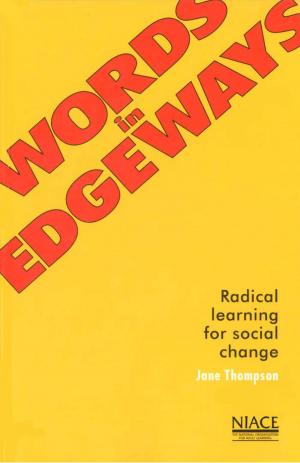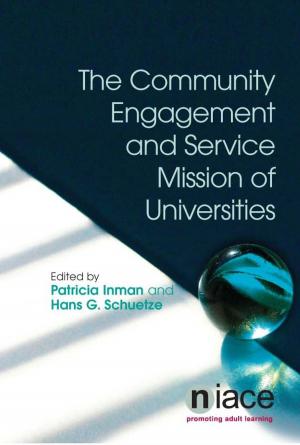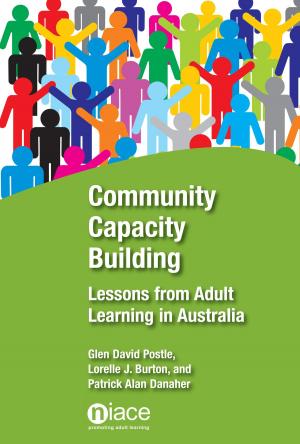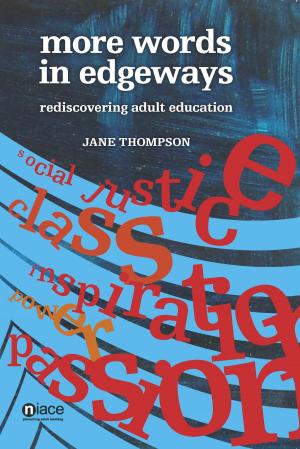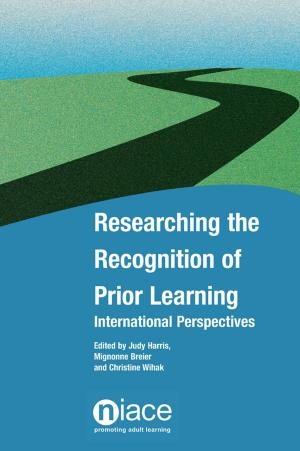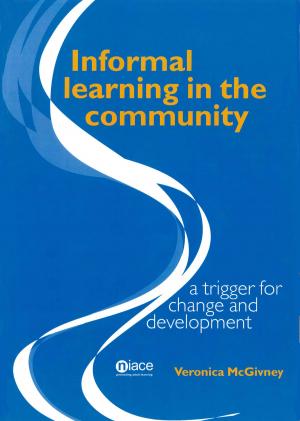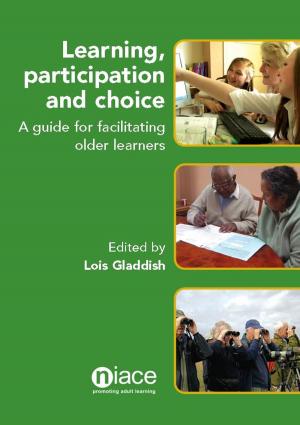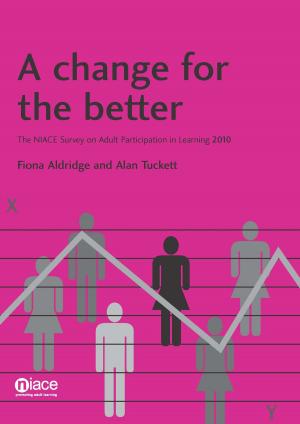More Powerful Literacies
Nonfiction, Reference & Language, Language Arts, Literacy, Education & Teaching, Social & Cultural Studies, Social Science| Author: | ISBN: | 9781862015869 | |
| Publisher: | National Institute of Adult Continuing Education (NIACE) | Publication: | September 30, 2012 |
| Imprint: | National Institute of Adult Continuing Education | Language: | English |
| Author: | |
| ISBN: | 9781862015869 |
| Publisher: | National Institute of Adult Continuing Education (NIACE) |
| Publication: | September 30, 2012 |
| Imprint: | National Institute of Adult Continuing Education |
| Language: | English |
The growth of a knowledge-based economy and an information society has meant that literacy increasingly mediates our lives and activities. Literacy has also been a way of critically comprehending the world in order to make it different and better. It is an important tool for increasing the autonomy of powerless individuals and groups by reducing the gap between those with access to information and those denied it. Building on the original Powerful Literacies first published in 2001, this volume considers the new developments in theory, technology and policy that are having an impact on learning and teaching literacies. It also addresses the current policy context of lifelong learning, active citizenship and social inclusion by showing how learners can be positioned in ways that seek to enhance their control and autonomy. Using examples from the UK and elsewhere, this book makes a powerful contribution to the analysis of the different, and sometimes ‘ hidden’, ways in which literacies are conceptualised and politicised; and on the generation of ‘liberating‘ educational practice in the light of such work.
The growth of a knowledge-based economy and an information society has meant that literacy increasingly mediates our lives and activities. Literacy has also been a way of critically comprehending the world in order to make it different and better. It is an important tool for increasing the autonomy of powerless individuals and groups by reducing the gap between those with access to information and those denied it. Building on the original Powerful Literacies first published in 2001, this volume considers the new developments in theory, technology and policy that are having an impact on learning and teaching literacies. It also addresses the current policy context of lifelong learning, active citizenship and social inclusion by showing how learners can be positioned in ways that seek to enhance their control and autonomy. Using examples from the UK and elsewhere, this book makes a powerful contribution to the analysis of the different, and sometimes ‘ hidden’, ways in which literacies are conceptualised and politicised; and on the generation of ‘liberating‘ educational practice in the light of such work.
